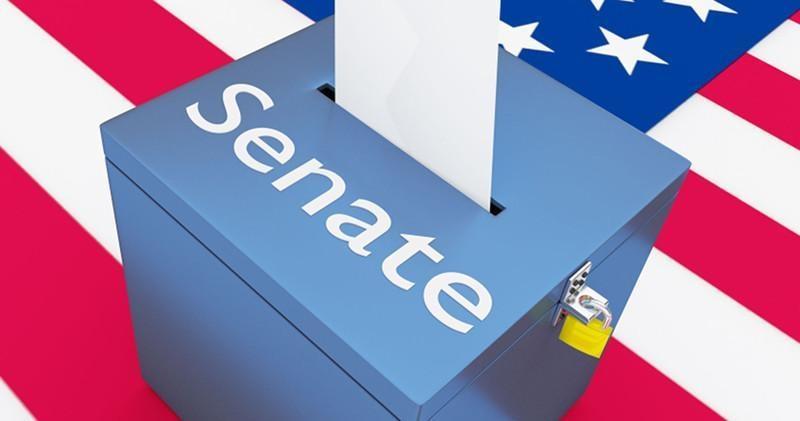
I did something dangerous Tuesday night. I watched the State of the Union and the Democratic response on my own, without Twitter as a crutch. I even watched the C-SPAN feed on my phone in order to avoid commentary from the networks and cable channels.
My goal was to avoid groupthink and try to formulate some coherent thoughts and analyses without being persuaded by my friends in the media. Here’s what stuck out to me.
Unclear impact
Everyone take a deep breath. It’s going to take a few days before we know whether President Donald Trump’s speech was effective and changed public opinion. It matters more what real voters thought about the event than talking heads on TV. Initial polls taken Tuesday night by CNN and CBS were positive for the president, but it’s much better to wait for some traditional, live-caller surveys to see if Trump’s job approval changed and if any movement lasts more than a few days. I start as skeptical that the State of the Union will fundamentally alter the political dynamic surrounding the president because nothing appears to fundamentally alter the political dynamic surrounding the president. He’s a polarizing figure.
The moment
I think the most memorable moment was when the Democratic women of the House, dressed in suffragette white, stood in raucous applause to the president’s mention of women getting jobs and the record number of female lawmakers. It was stunning because everyone was happy, but for different reasons. The Democratic women took it as public acknowledgement of their achievement and an opportunity to celebrate their new majority. The president thought they were applauding him and, with both parties cheering and chanting “U-S-A,” it felt like a campaign rally, where Trump is most comfortable.
Pivot to bipartisanship?
In the beginning and end of the speech, Trump struck a conciliatory tone and challenged Congress to reach for greatness, set aside partisanship and embrace an exciting new journey. It sounded like the type of speech most people expect a president to give, but those passages can’t be viewed in a vacuum. This State of the Union was delayed because of partisan bickering. And while some people heard a call to bipartisanship, Democrats heard the president call them soft on gangs, socialists, and baby killers, too focused on investigating him.
Can anything get done?
About an hour into the almost 90-minute address, there was a list of issues that could receive bipartisan support: prescription drug prices, eliminating the HIV epidemic in the next 10 years, more funding to counter childhood cancer, paid family leave, and, predictably, infrastructure. But the question is whether both parties can move beyond the stalemate surrounding funding the government and the fight over the border wall.
Two speeches, two Americas
I thought Georgia Democrat Stacey Abrams did a fine job in avoiding a Saturday Night Live-worthy gaffe or moment. It’s...

